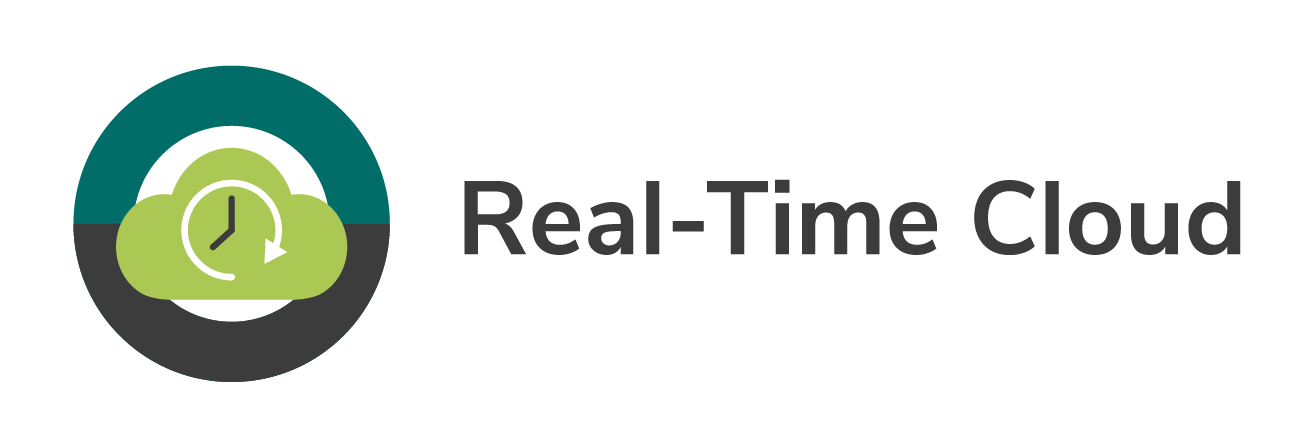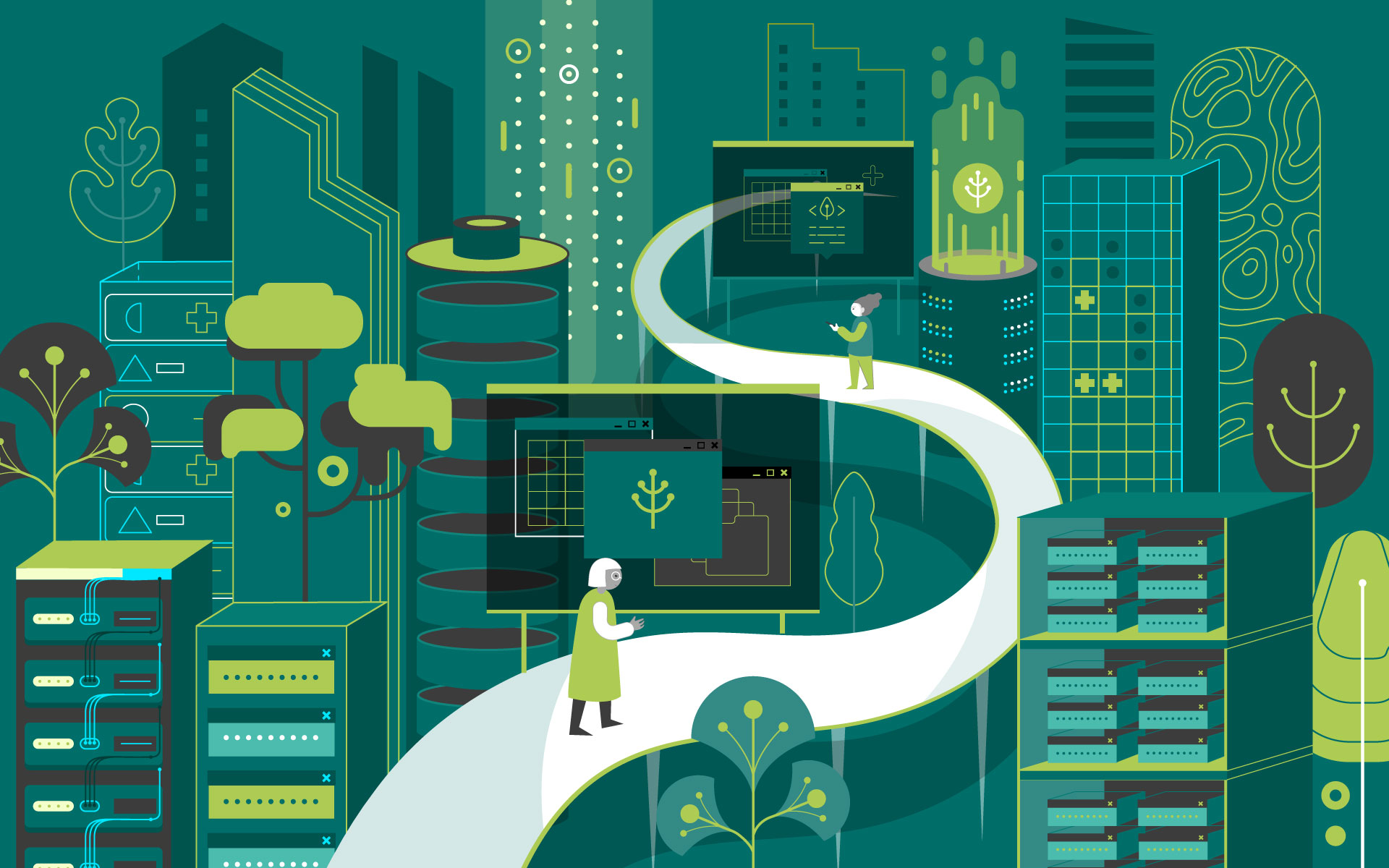Projects

Awesome Green Software
Research, tools, code, libraries and training for building applications that emit less carbon into our atmosphere. An awesome list created and managed by the Innovation Working Group in the Green Software Foundation.
Carbon Aware SDK
An SDK to enable the creation of carbon aware applications, applications that do more when the electricity comes from clean low-carbon sources and less when it does not.
Green Software Champions
The GSF Champions website is your directory to reach passionate software practitioners - all of whom are contributing to the Green Software movement. Each Champion profile shows a wide range of activities including Speaking, Writing, Organizing, Mentoring and Contributions to GSF and the wider OSS community.
Green Software Maturity Matrix
The Green Software Maturity Matrix is a self-assessment tool. It helps organisations understand the extent to which they have implemented green principles, patterns, and processes for building and operating their software systems.
Green Software Patterns
An online open-source database of software patterns reviewed and curated by the Green Software Foundation across a wide range of categories. You can be confident that applying any of our published and live patterns will reduce your software emissions.

Green Software Playbooks
Green Software Playbooks
Green Software Principles
The principles and patterns project focuses on content that educates software practitioners so they have the knowledge and tools to build green software. Our Green Software for Practitioners Course is a freely available training for Green Software Principles.
Higher Education Engagement
Higher Education Engagement
Impact Engine Framework
Modern applications are composed of many smaller pieces of software (components) running on many different environments, for example, private cloud, public cloud, bare-metal, virtualized, containerized, mobile, laptops, and desktops. Every environment requires a different way of measurement, and there is no single solution you can use to calculate the carbon emissions for all environments. The friction to measuring software emissions isn't that we need to know how, it's that we run software on many things and each thing has several different ways to measure.

Real-Time Cloud
Many software as a service (SaaS) providers run multi-tenant workloads on cloud providers. To supply their own customers with carbon footprint estimates, the instance level energy and carbon data needs to be allocated and attributed across workloads.
SCI Guide
The SCI Guidance project details various approaches on how to understand the different methodologies that are available for calculating energy, carbon intensity, embodied emissions and functional unit values which are the core components of the SCI calculation.
Software Carbon Efficiency Rating
Develop a standardized software carbon efficiency rating system that can assess and rate the carbon efficiency of software products. This standard will provide a framework for evaluating and comparing the environmental impact of different software applications, through the inclusion of a benchmark and a rating algorithm which can be used for d
Software Carbon Intensity (SCI) Specification
The Software Carbon Intensity (SCI) Specification defines a methodology for calculating the rate of carbon emissions for a software system. The purpose is to help users and developers make informed choices about which tools, approaches, architectures, and services they use in the future. It is a score rather than a total; lower numbers are better than higher numbers, and reaching 0 is impossible.
Software Carbon Intensity for Artificial intelligence
Software Carbon Intensity for Artificial intelligence
State of Green Software
A new initiative by the Green Software Foundation, The State of Green Software Report will be an annual publication sharing the latest insights, trends, challenges and opportunities in decarbonising software to increase investment and industry adoption. The report will further provide policy and regulatory recommendations and a framework for organisations to make strategic decisions about the role they want their software to play in addressing climate change. The report will reflect data and insights gathered through secondary research, a global survey and interviews with software industry practitioners.

Transforming Organisational Software Sustainability
The project team will develop a framework that encapsulates an underlying methodology and decision tree for organisations to 1) embed 2) transform and 3) use software emissions data to help achieve their net zero targets. The framework and methodology will utilise the tools, standards, patterns, and principles developed by the Green Software Foundation as well as those that are available from external sources.